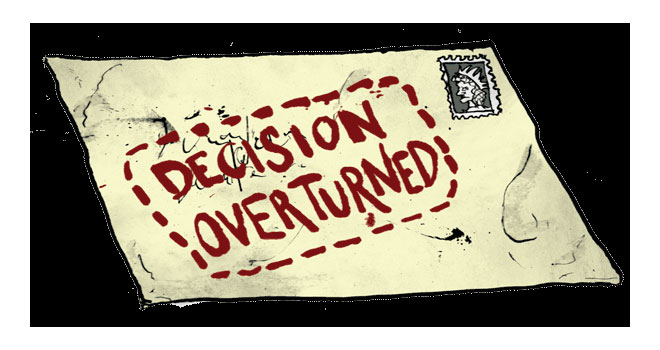The latest Ombudsman’s Briefcase contains a number of case studies. It is interesting to note that the insurers involved are named in all of these cases.
Below is one such a case, and four perspectives on it.
Late Reporting of Loss – King Price
The client arrived at this destination at around 09.00. When he returned that afternoon, he realized that his vehicle had been stolen. The insurer rejected the claim on the ground that the client did not report the claim to the police as soon as it was reasonably possible to do so.
Insured’s View
Immediately upon realising that his vehicle was stolen, Mr. B contacted the insurer’s emergency assist line to inform the insurer about the theft of the vehicle. The operator advised Mr. B that he would need to go to the nearest SAPS station to report the incident. As he did not have transport, he took a taxi to a shopping mall, where his wife was shopping at the time. Shortly after, they went to the police station in that area to report the incident. He was told that he could not report it there and needed to report it to the police station in the area where the incident occurred. As he needed to return home to attend to his children, he reported the theft the next morning at around 8.30.
Insurer’s View
The insurer stated that Mr. B reported the loss to the SAPS around 16 hours after he discovered that his vehicle had been stolen. Had he reported it immediately, or as soon as it was reasonably possible to do so, the chances of recovering the vehicle would have increased. The insurer argued that it was prejudiced by Mr. B’s failure to report the incident within a reasonable time. The insurer also stated that Mr. B could have called 10111 to report the incident telephonically. In rejecting the claim the insurer relied on its policy wording dealing with its claim’s procedure. The policy wording was sent to Mr. B and he therefore had a duty to familiarize himself with the terms and conditions of cover.
The relevant clause reads:
“If you’ve suffered a theft, hijacking, burglary or any crime-related event, you must tell the police of this, as soon as possible, but no later than 24 hours after becoming aware of the event.”
The insurer stated that Mr. B had not provided it with a reasonable explanation as to why he did not report the incident as soon as possible. It therefore maintained its decision to reject the claim.
Ombudsman’s View
The Ombudsman listened to the telephone conversation when Mr. B contacted the insurer’s emergency assist line. It was noted that the operator did not advise Mr. B that he could call 10111 to report the theft. Mr. B also stated that he was not aware that he could report the theft telephonically and, had the operator informed him of this, he would have done so immediately.
After considering the facts and the relevant policy wording, the view was taken that Mr. B had reported the incident as soon as it was reasonably possible for him to do so and that, in any event, the time period within which he reported the incident still fell within the 24 hours period stated in the policy wording. Mr. B had therefore complied with the policy condition.
The Ombud requested the insurer to settle the claim, which it agreed to do.
FAIS Perspective
Some interesting observations emerge from this case.
King Price is a direct insurer whose claim to fame is that it reduces motor vehicle premiums month by month as the value decreases.
Disclosure of material terms and conditions forms an integral part of any adviser’s obligations to clients, including direct insurers.
King Price, in their response, said: “The policy wording was sent to Mr. B and he therefore had a duty to familiarize himself with the terms and conditions of cover.”
As we know from experience, this is not a view that would have held any water, had the complaint been referred to the FAIS Ombud.
From a Treating Customers Fairly perspective, the rejection of the claim also fails the test.
- The insurer was informed of the loss immediately
- It neglected to provide the client with the information to report the loss telephonically
- The rejection of the claim was contrary to its own condition of a 24-hour time frame.
The rejection of the claim fails on both counts.



